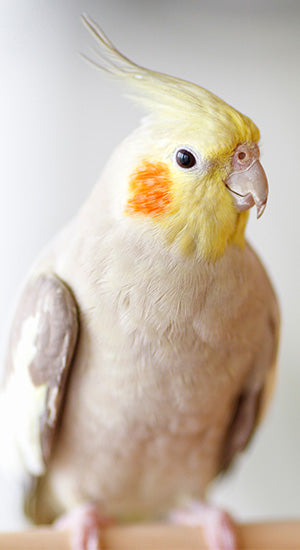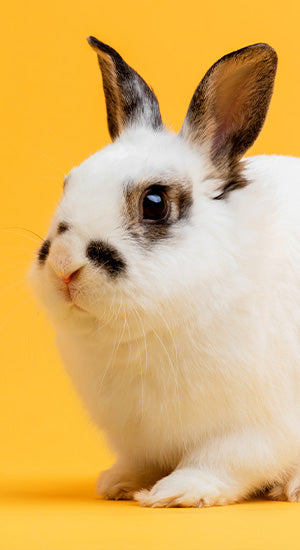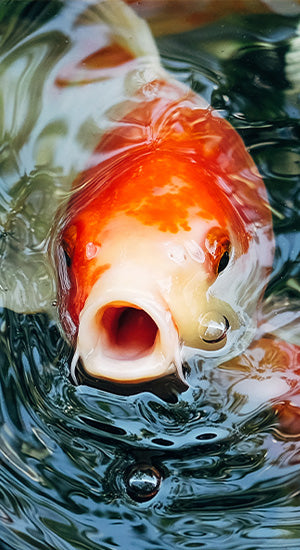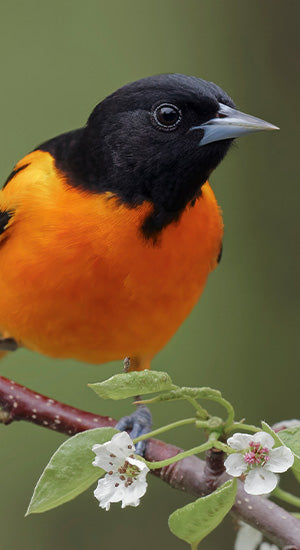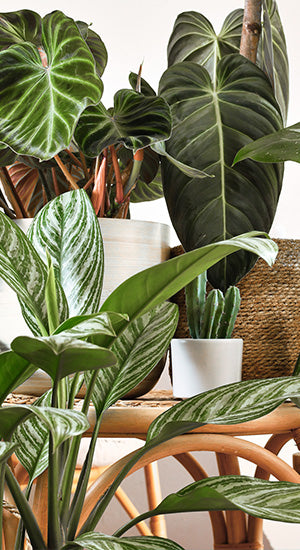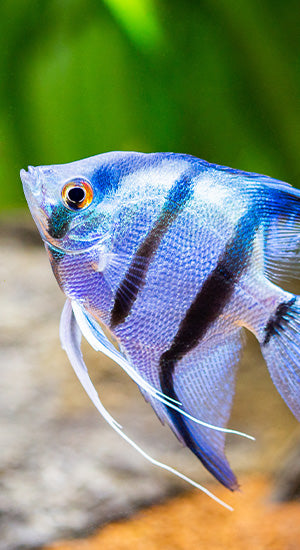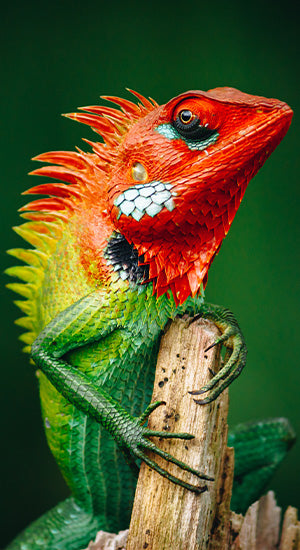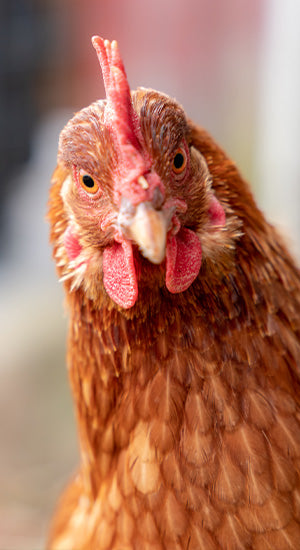The Effects Of Changing Your Birds Schedule During Quarantine
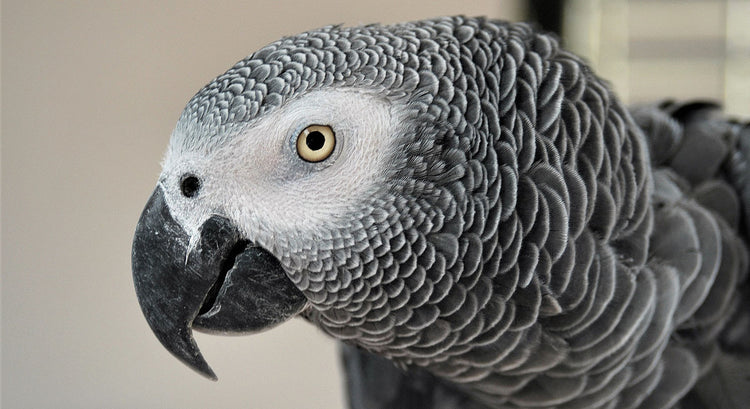
With COVID-19 forcing us to stay in our homes, we have the opportunity to alter our daily schedule and let our birds out all day. Although it is good for your bird to get out of the cage, it is important to keep to your original schedule so that when things go back to normal your birds are not affected by the sudden change.
Allowing your bird extra out-of-cage time will be good for them now, but bad for them later. Once they get used to being able to roam around the house all day it will be an extreme shock when you go back to work or school and they have to stay in their cage for most of the day. This shock can result in physical, psychological and behavioural damage that could have been easily avoided by keeping to your normal routine.
Picture This
Your bird has now become accustomed to living outside of the cage and having the entire house to explore. Unfortunately, you now have to go to work and your bird will be in his cage all day. Even with many toys in the cage, your bird is unable to entertain himself because he doesn’t like being confined in such a small environment (compared to the whole house). What happens next?
Plucking:
When birds get bored, they may start plucking their feathers for stimulation. Even if you have provided them with all the toys and treats they love, they may still pluck. Plucking is a habit that should be discouraged as it is starting because it is a difficult habit to break. If a bird manages to pluck their feather at the follicle, that feather may never grow back. Birds get used to your schedule and the rhythm of your life. For them to adjust to you being home more is easy, because it is a preferable change; more treats, more attention. When things get back to normal, and you are home less often, the bird most likely will have a hard time adjusting to the sudden lack of attention.
Screaming:
Your feathered friend has just spent 3 weeks exploring the entire house, but now, all he has is his cage. The energy that your bird was exerting by running through the house is now being exerted by screaming at the top of his lungs. For many bird owners, it is simply background noise. For other people, it is very annoying. If you live in a detached house, this may not be an issue, but if you live in an apartment or close enough for the neighbours to hear, you may be getting some complaints about the noise level. This can become a problem that often results in you having to place your bird in a Second Chance Program.
Aggression:
Putting your bird in a stressful position can cause unwanted strain and tension in your relationship. As a result, you may notice more aggressive behaviour like biting, lunging and possessiveness. The aggressive behaviour and acting out is a result of frustration and built up energy. Previously, when you were home lots and had the bird out for plenty more playtime than they were used to, the bird used more energy throughout the day and grew accustomed to the extra attention. Birds, like many other organisms, such as ourselves, must eat to supply their body with the energy necessary to maintain life. Some birds will get into a habit of eating more and burning extra energy because they are able to when you are home. However, if they carry this habit over to post-quarantine life, you may find yourself coming home to a bird who acts like a toddler that was given juice mix, water, and sugar with no guidance or rules on how to mix them properly. In other words, your bird will likely be erratic and maybe even high-strung by the time they are allowed out to exert all this extra built-up energy. The majority of pet birds simply do not know how to handle this, and as a result will be flighty, nippy, and may even become possessive over an object in the cage, or the cage itself.
Underlying Health Issues:
Stress has a huge impact on your bird's health and can amplify any underlying health problems that you may not have known your bird had. Aspergillosis is one of the underlying health problems that can be amplified by the presence of stress. It is not uncommon for birds with Aspergillosis or similar infections to appear healthy and then become ill very fast. Sometimes literally overnight. When your quarantine is done, and you can no longer spend entire days with your bird, there is a good chance they will stress out. They will wonder what happened, and why they are not getting attention around the clock anymore. Any health conditions (especially viral, bacterial, or fungal) the bird was previously hiding are much more likely to show since stress often has a suppressing effect on the immune system.
Neglect:
Leaving your bird alone after weeks of spending constant time together, may cause your bird to begin to feel neglected. Birds who are feeling neglected may become depressed or anxious. You may notice that your bird is lethargic and has lost its appetite. On the flip side, some birds will have a noticeable increase in appetite, liquid consumption, or both. All of these symptoms can mean bad things for a bird's overall health. A bird that is eating less than its daily needs is at high risk for severe, rapid weight loss and a plethora of possible deficiencies. Many deficiencies will reduce or even compromise the function of the immune system, making birds highly susceptible to sickness and disease, some of which can be life-threatening. As for those birds which overeat when depressed or anxious, there is the likely possibility of aggressive behaviour or excessive noise in an effort to use up the extra energy. In some rarer cases is the possibility that your bird consumes too much of a nutrient. This can be just as, or even more dangerous than a deficiency. For example, some vitamins and minerals can be toxic if too great an amount is eaten. For birds that drink more water out of stress the risk to health is low, but it is still unfavourable to have a bird consuming excessive amounts of water because it increases the number of bodily excretions a bird will have. Not only could this lead to possible deficiencies of the B-complex and C vitamins as well as some minerals, but it also means an increased mess for you to clean.
We understand that you want to let your bird have as much time out of their cage as possible while you are home, but once the quarantine is over and life goes back to normal, your bird will suffer from the change. For your bird's overall well being, leave your routine the same.

